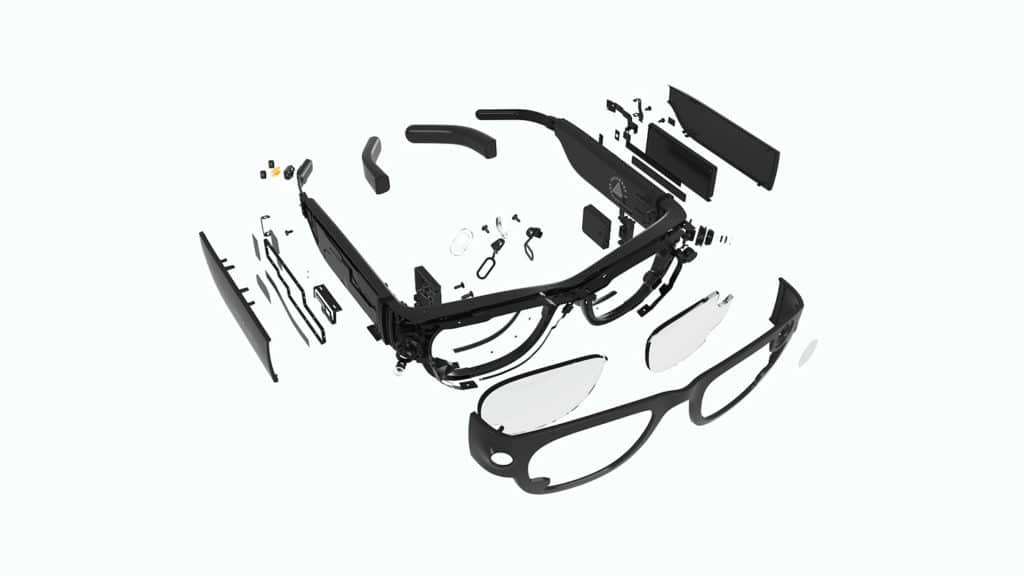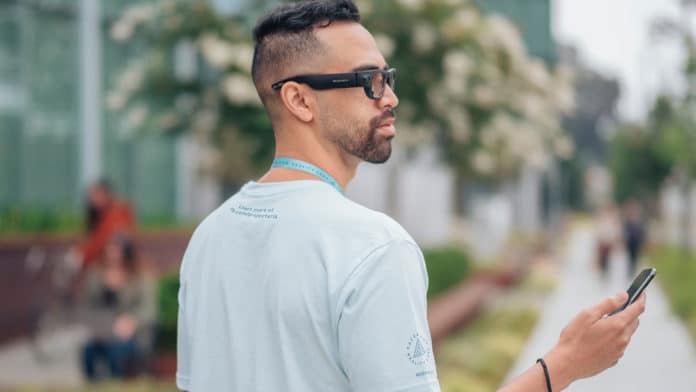Just recently, during the Facebook Connect virtual and augmented reality conference, Facebook officially announced the new generation of virtual reality (VR) glasses, Oculus Quest 2, the successor version of Facebook’s most successful VR headset. But it seems that Facebook’s vision does not stop there. The American giant has also unveiled Project Aria – a new research project that will help us build the first generation of wearable augmented reality devices.
According to the information disclosed, Project Aria is still in very early stages. There’s no display, but the glasses are equipped with an array of sensors and microphones. The glasses will be able to calculate the user’s location, take high-resolution photographs, record videos, and capture multichannel audio and even its wearer’s eye movements.
Facebook says the company will begin testing Aria in the real world starting this month. With Facebook employees and partners to resolve issues that may arise in areas such as privacy, video recording, and design. The data they collect will support the development of head tracking, eye tracking, and audio algorithms that will one day make the dream of AR glasses a reality.

All these experiments are done from the Reality Labs department, which is a subdivision of Facebook in charge of testing different ideas that can later result in real products. “Ultimately, Project Aria is going to help us develop the safeguards, policies, and even social norms necessary to govern the use of AR glasses and other future wearable devices,” the company said in a statement.
According to the announcement of Facebook, in the first stage, the glasses will not be marketed, but will be used as a research tool that will help the company to gather information to “figure out how AR can work in practice.” However, Facebook is clearly enthusiastic about its potential. The future goal is to develop into a digital personal assistant who will be “smart enough to detect road hazards, offer up stats during a business meeting, or even help you hear better in a noisy environment. This is a world where the device itself disappears entirely into the ebb and flow of everyday life.”
In the coming months, we will probably see more details about the smart glasses or augmented reality that Facebook prepares.
